
“If it bleeds, it leads.” Armstrong Williams.
Roger MacGinty recently visited the US, and shared the following on his blog:
I have been in the US for a few days. When there, I was exposed to quite a few hours of Fox News, CNN and other news channels… Usually the sound was turned down, but it was very clear what the top story was: IS. The news channels seem obsessed with it… If an IS strategy is to gain media coverage in the homeland of their enemy then they have won that part of their war – for free.
This is interesting because MacGinty lives and works in the UK, where the government can, and does, censor news coverage, and thus US news coverage of Islamic State (IS, aka DAESH, ISIS, and ISIL) stood out in stark relief to what he sees back home.
Terror attacks create “eyeballs on the set,” which is the currency of news.[1] And groups with little visibility know this. To get the attention of a powerful actor, like the US, a group needs to mobilize the public and persuade that public that it is powerful and scary. If that happens, democratically accountable politicians have an incentive to rush in and gesticulate about their commitment to keeping the public safe. The challenge of the little known group is: how does it project that image? Hiring a PR firm, the tactic pursued by corporations and celebrities, is not viable.
MacGinty, a peace research scholar, knows this, and that is why seeing American cable news coverage in airports, bars, and restaurants stood out to him. “WTF?!?” he was essentially asking himself. “Don’t these Bozos know that they are playing directly into IS’s hands? Can IS shout “Dance!” and then sit back and enjoy the show?”
MacGinty’s post reminded me of when I had a similar reaction to US television news coverage of a terror event. The year was 1985, and Hezbollah had hijacked TWA Flight 847. The image below is one of the best “made for TV” moments in the history of terror attacks: it is a screen shot from footage ABC news shot as a Hezbollah operative told the world of their demands (he also allowed the pilot, John Testrake, to speak). Still photos, like this one, were reproduced around the world in newspapers and magazines.

We didn’t say “WTF?!?” back in 1985, but the acronym effectively captures my reaction. “Why would any American news organization play into the hands of this goon squad? Don’t they know that if they ignored the hijackers that the tactic literally couldn’t work?!?” UK Prime Minister Margaret Thatcher in particular was critical of the American press for their coverage, but the American networks defended their decision and the American public’s “right to know” (e.g., see coverage here; for exemplars of American print coverage of the event, see these examples from Time and People).
Readers who have not considered these issues will find valuable Paul Wilkinson‘s discussion of this issue in the “The Media and Terrorism” chapter of his book. I strongly recommend it.
Political conflict is a strategic interaction[2], and political actors will pursue opportunities to advance their agendas. DAESH is cutting off peoples’ heads, recording it, and posting the content online because you are watching.
@WilHMoo
You can find a previous version of this post at Will Opines.
[1] Lest anyone think that this is limited to television news, or contemporary America, the other day at lunch a colleague told us of his experience as a rookie reporter for a Chicago newspaper in the 1960s. It was his first night on the City Desk and a report of a murder came over the wire. He tore the paper from the machine and excitedly asked his editor for permission to cover the story. “What’s the address?” the editor wanted to know, apparently not looking up from what he was reading. When my colleague told him the address, he responded: “That’s the black side of town. Nobody cares.” #BlackLivesMatter [2] See research articles about strategic dissident – state interactions here and here.
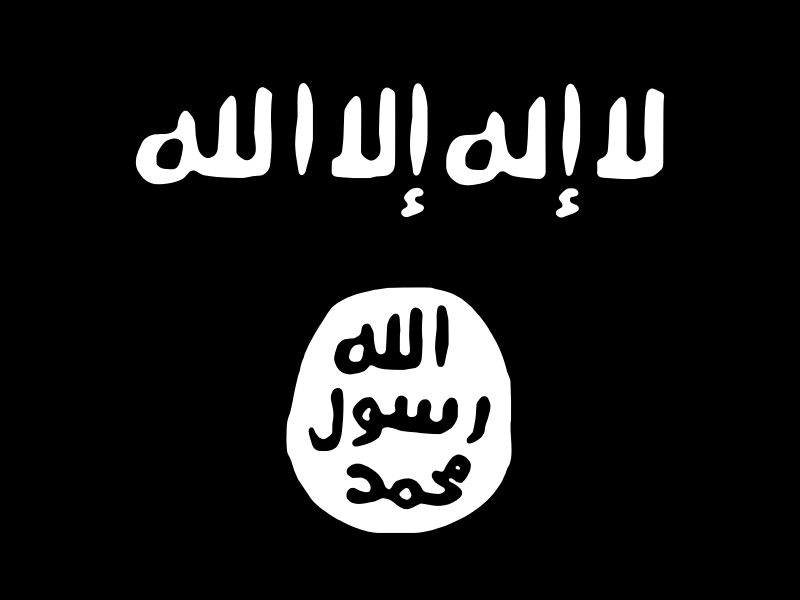
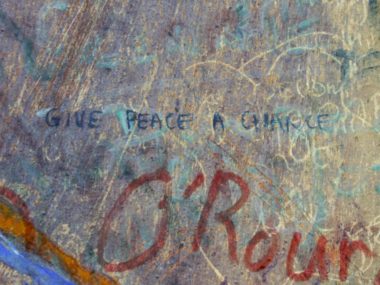
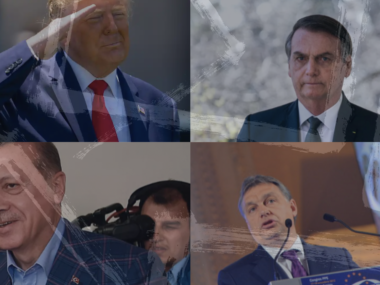
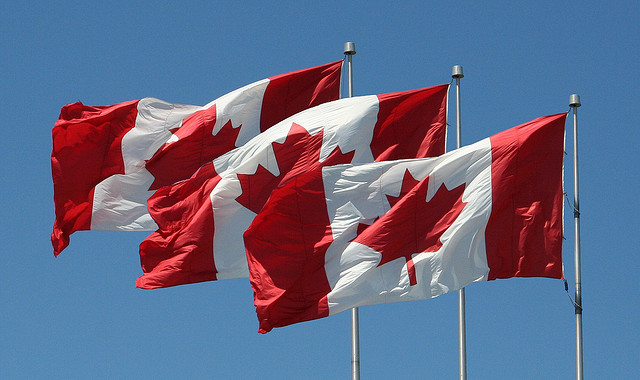

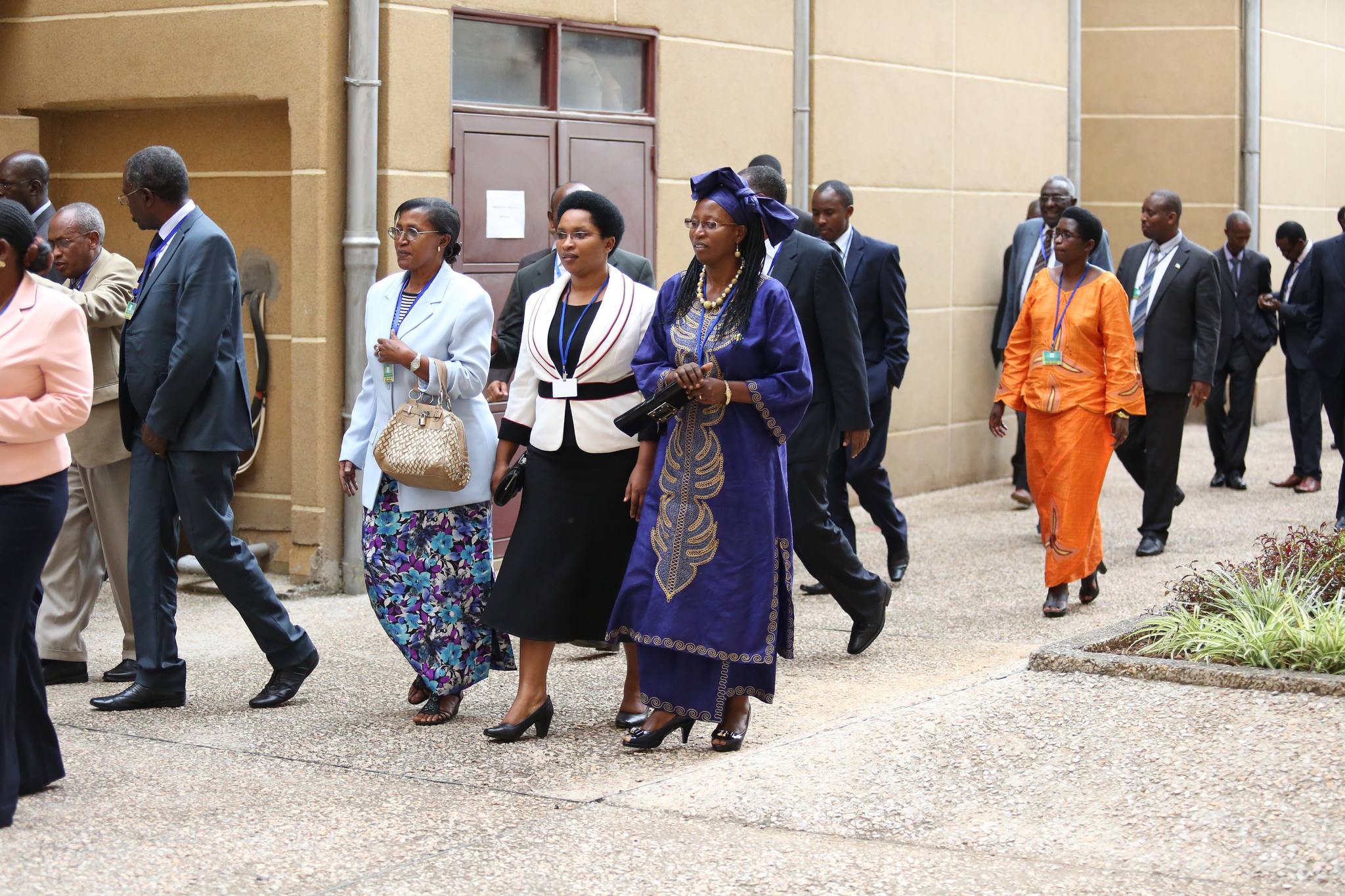
0 comments
“DAESH is cutting off peoples’ heads, recording it, and posting the content online because you are watching.” Also to get recruits. They are mainly playing to a Muslim audience.
That is regarding the posting online. On the evidence, they would cut off heads anyway, for Sharia reasons, just as Saudi Arabia does.
Good point about Saudi Arabia. The point about overblown media coverage of what are in fact meaningless events seen from the perspective of the world political situation still, however, stands. People in America have been hoodwinked into thinking IS is ACTUALLY a danger to their country. This would be laughable if it wasn´t the driving force behind the Security State and the Empire and the loss of everything America used to stand for. Just another example, really, of how “capitalism” is a failed “ideology”: it has turned the media into an immoral or amoral money-making machine that distorts everything in the interest of selling their product. Same is true for health care. The cost-effectiveness quotient of America´s health care system IS THE WORST IN THE WORLD. Oh well – as Ronny Reagen would say “it´s evening in America”.